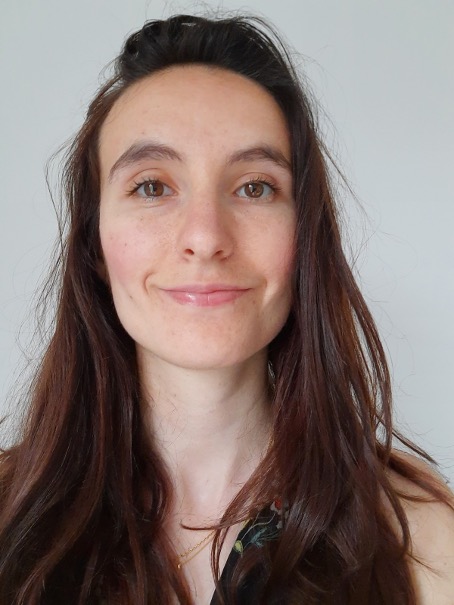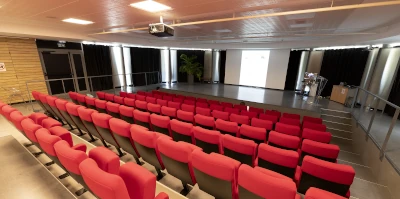
Thesis – Leonor GARCIA
A cell line biobank to unravel cellular heterogeneity in IDH1-mutant diffuse low-grade gliomas
Jury
- Hélène Castel, DR2-HDR, Cancer and Brain Genomics – Rouen, Reviewer
- Emeline Tabouret , PU-PH, Institut de Neurophysiopathologie – Marseille, Reviewer
- Emmanuelle Huillard, CRCN-HDR , Institut du Cerveau – Paris, Examiner
- Marc-André Mouthon, DR-HDR , CEA Fontenay aux Roses, Examiner
- Jean-philippe Hugnot, PU1, Institut de Génomique fonctionnelle – Montpellier, Thesis supervisor
- Hugues Duffau, PU-PH, Institut de Génomique fonctionnelle-Montpellier, Guest
Summary
IDH1-mutant diffuse low-grade gliomas are slow-growing brain tumors with intratumoral cellular heterogeneity. Three populations have been identified: astrocyte-like, oligodendrocyte-like, and stem-like. Some cells are quiescent, while others divide. The relationship between these factors is not well understood due to a lack of suitable experimental models. Methods: Four patient-derived astrocytoma cell lines were analyzed using multi-omics. Astrocyte-like and oligodendrocyte-like populations were isolated to examine their characteristics. Results: The LGG275 cell line, derived from a grade 2 astrocytoma, was identified as the relevant in vitro model. This slow-growing cell line has IDH1, TP53, and ATRX mutations, as well as CDKN2A loss, leading to D2-HG production and an ALT phenotype. It contains astrocyte-like, oligodendrocyte-like, and stem-like populations. We have identified an astrocyte-like population that is similar to quiescent neural stem cells (qNSC). The oligodendrocyte-like population indicates active NSC. Astrocytes can transform into oligodendrocytes, restoring heterogeneity in cell types. The Notch pathway regulates this plasticity. Conclusion: We created and labeled four new astrocytoma cell lines, including LGG275, which is a simple but informative model for studying glioma heterogeneity and plasticity. It reveals a Notch-dependent switch from quiescence to activity in glioma cells.




Leave A Comment